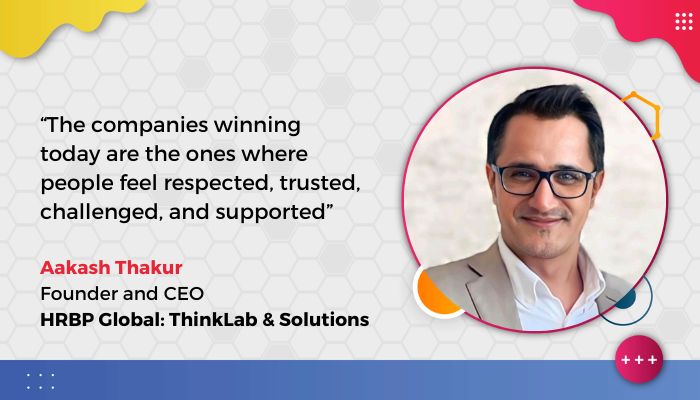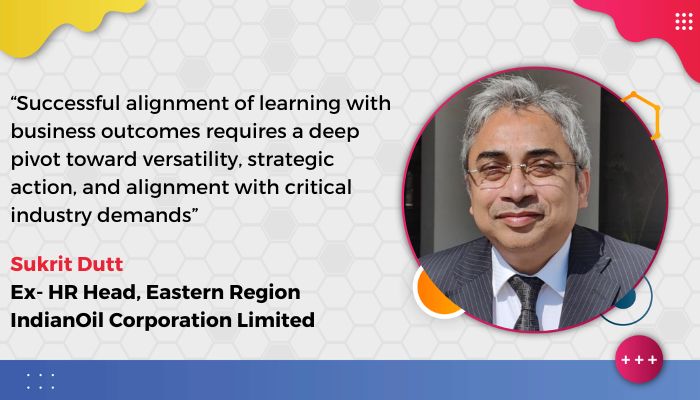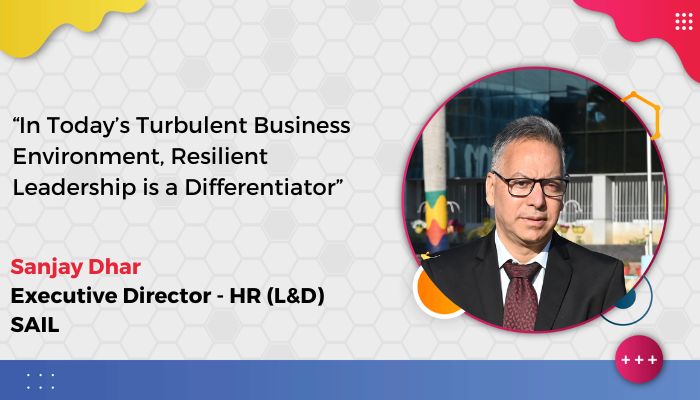Employee engagement refers to the emotional commitment and level of involvement an employee has towards their work, organization, and its goals.
Step into the vibrant realm of the workplace, where the enigmatic term “employee engagement” dances upon our lips and sparks curiosity within us all. But what lies beneath the surface? What is the true essence of employee engagement that eludes our grasp?
Intriguingly, employee engagement goes beyond superficial perks like high compensation or swanky office spaces adorned with captivating decor and delectable free food. While these elements undoubtedly contribute to employee satisfaction, they merely scratch the surface of the profound concept that is engagement. Let’s break free from the confines of conventional wisdom and venture into the depths of understanding.
According to Gallup research, employee engagement and employee satisfaction are two distinct concepts:
Employee Engagement: Employee engagement refers to the emotional commitment and level of involvement an employee has towards their work, organization, and its goals. Engaged employees are passionate, motivated, and dedicated to their roles. They actively contribute to the success of the organization and are willing to go above and beyond to achieve desired outcomes. Engaged employees typically display higher levels of productivity, innovation, and loyalty. They are more likely to stay with the organization, provide exceptional customer service, and act as advocates for the company.
Gallup defines engaged employees as those who are involved in, enthusiastic about, and committed to their work and workplace. They experience a sense of purpose, find meaning in their tasks, and have strong connections with their colleagues and leaders. Engaged employees often have a positive impact on team dynamics and organizational culture.
Employee Satisfaction: Employee satisfaction, on the other hand, refers to the level of contentment an employee feels with their job and work environment. It focuses on measuring their overall happiness and comfort in their role. Satisfied employees are generally content with their work conditions, compensation, benefits, and work-life balance. While employee satisfaction is important, it does not necessarily guarantee high levels of engagement or productivity.
Gallup highlights that satisfied employees may not necessarily be engaged. An employee can be satisfied with their job but lack the emotional connection and commitment needed for high engagement. Satisfaction alone may not drive the discretionary effort and proactive behaviors that contribute to organizational success.
Gallup’s research emphasizes the significance of employee engagement as a more comprehensive and impactful measure for organizations. Engaged employees are more likely to drive innovation, deliver exceptional customer experiences, and contribute to overall business growth.
Organizations that focus on fostering employee engagement through meaningful work, supportive environments, opportunities for growth, and strong leadership are more likely to reap the benefits of higher productivity, profitability, and employee retention.
Now, as we understand the employee engagement, let’s delve in the aspect of who can drive it. While many believe it rests solely on the shoulders of HR managers, encompassing mere fun activities and games, the truth runs far deeper. It’s time we shed light on the real influencers that shape engagement within our workplaces.
Employee herself: First and foremost, we must acknowledge ourselves as the primary drivers of our own engagement and well-being. The power lies within each of us to make a choice: to remain disengaged, complaining and lamenting, or to address our concerns and transform our lives into something meaningful and enjoyable. Disengagement wreaks havoc upon us, hindering our personal growth and happiness, while also infecting those around us. Instead, let us seize control, identify areas of improvement, and engage in open discussions with the right individuals to cultivate a truly engaging workplace.
Peers: Behold the power of peers! I once found myself trapped in a toxic environment, suffocated by unsupportive seniors and a monotonous routine. However, amidst the chaos, I discovered solace in a caring team. These colleagues became more than just coworkers; they became a family, offering unwavering support and camaraderie. Their presence allowed me not only to survive but to thrive in that challenging workplace. Similarly, the bonds we form with our colleagues enrich our work experiences, fostering trust, recognition, and healthy competition. After all, who wouldn’t find the workplace more exciting with trusted friends by their side? We, as social beings, have an innate need for peer support and connection, and our coworkers play a vital role in driving our engagement.
Leadership: Leadership, the architects of culture, holds immense power in shaping engagement. Every decision they make communicates volumes, influencing the very fabric of how work is carried out within the organization. The way a job gets done defines the culture. Successful leaders embrace trust, harness the strengths of their team members, invest in their growth, and provide them with challenging opportunities. They value the opinions of their team, acting upon them to foster trust and create a thriving workplace. The influence of leadership in driving engagement cannot be understated.
Human Resources Team: The Human Resources team assumes a vital role as consultants, creating awareness and guiding managers to achieve professional success through engagement. Many managers yearn to create highly engaged workforces but lack the know-how. It is our responsibility to equip these managers with the concepts, tools, and techniques necessary to master the art of engagement. Traits like empathy, trust, and positivity play a crucial role in this endeavor, enabling managers to unlock the full potential of their teams.
Engagement is no ordinary game; it is an infinite game with a profound purpose. It demands our attention, understanding, and commitment. As we harness the power of engagement, we unleash a formidable tool for success. Let us embrace its complexity and unleash its transformative potential, propelling ourselves and our organizations towards unprecedented heights.
Together, let us embark on this enthralling journey of engagement, where individuals thrive, teams flourish, and organizations achieve greatness. The stage is set, the players are in position—let the infinite game of engagement commence!
Author: Sudip Das, COE Head-Total Rewards, Talent Management, Corp. Communications & HR Digitization, Aarti Industries Ltd
About the Author
Sudip Das is a seasoned Talent Specialist with 17 years of diverse leadership experience across hyper-growing and mature top 200 profit-making Indian businesses in sectors such as Financial Services, Manufacturing, Power Transmission, and Insurance. Currently Sudip leads Talent Management and Total Rewards at Aarti Industries. With a track record of enabling rapid growth, driving customer satisfaction, simplifying processes, and nurturing internal talent, Sudip has received recognition in both internal and industry forums. Sudip’s passion lies in leveraging Data Analytics and Technology to address various people challenges.
Disclaimer: The opinions and views expressed in this article, including any accompanying data, are the sole responsibility of the author and should not be construed as reflecting the official policy or position of India Employer Forum.






